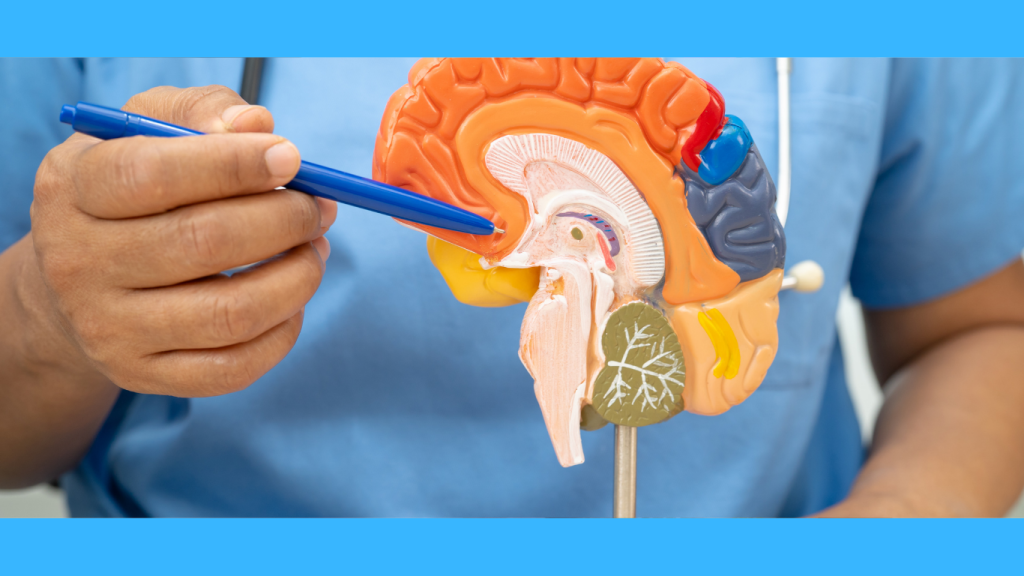
Category: Brain Health & Wellness
Date: November 3, 2025
Published by: Yarima.org Editorial Health Team
Reading time: ~3 minutes
💭 What Is Alzheimer’s Disease?
Alzheimer’s disease is a progressive brain disorder that slowly destroys memory, thinking skills, and the ability to carry out simple tasks.
It is the most common cause of dementia, accounting for about 60–80% of all dementia cases.
In Alzheimer’s, abnormal protein deposits—called amyloid plaques and tau tangles—build up in the brain. Over time, they damage and kill nerve cells, shrinking key brain areas responsible for memory and decision-making.
⚠️ Early Signs to Watch For
While occasional forgetfulness is normal with aging, Alzheimer’s symptoms are persistent and worsen over time.
Common early signs include:
✅ Forgetting recent events or conversations frequently
✅ Difficulty organizing thoughts or completing familiar tasks
✅ Misplacing objects or getting lost in familiar places
✅ Changes in mood, personality, or behavior
✅ Trouble understanding time or spatial relationships
🔬 What Causes Alzheimer’s?
The exact cause is not fully understood, but scientists believe it involves a combination of:
- Genetic factors – such as the APOE ε4 gene, which can increase risk
- Age-related changes – oxidative stress, inflammation, and reduced blood flow to the brain
- Lifestyle influences – poor sleep, high stress, sedentary habits, and diets low in antioxidants or omega-3 fats
- Environmental exposures – chronic stress and certain toxins may also contribute
🧩 What Happens in the Brain
As Alzheimer’s progresses, communication between neurons breaks down. The brain’s hippocampus (critical for memory) and cortex (responsible for reasoning) begin to shrink.
Eventually, this leads to confusion, language difficulties, and a loss of independence in daily life.
🍎 Lifestyle Habits That Support Brain Health
While there’s no cure yet, certain lifestyle choices can help protect the brain and may slow cognitive decline:
✅ Eat for the brain – Mediterranean or MIND diets rich in fruits, vegetables, olive oil, nuts, and fatty fish
✅ Stay mentally active – puzzles, reading, learning new skills, or playing music strengthen neural connections
✅ Exercise regularly – boosts blood flow and oxygen to the brain
✅ Prioritize sleep – deep sleep helps clear amyloid plaques
✅ Manage stress – meditation and mindfulness lower cortisol and inflammation
✅ Stay socially connected – interaction keeps the brain stimulated and engaged
🩺 When to Seek Help
See a healthcare provider if you or a loved one notice increasing forgetfulness, confusion, or personality changes that interfere with daily life.
Early diagnosis allows for better planning, support, and access to new therapies and clinical trials.
💡 Key Takeaway
Alzheimer’s disease is not just memory loss—it’s a complex brain condition that affects how a person thinks, feels, and connects with others.
While research continues to find effective treatments, caring for your brain through nutrition, movement, and lifelong learning remains one of the most powerful ways to protect cognitive health.